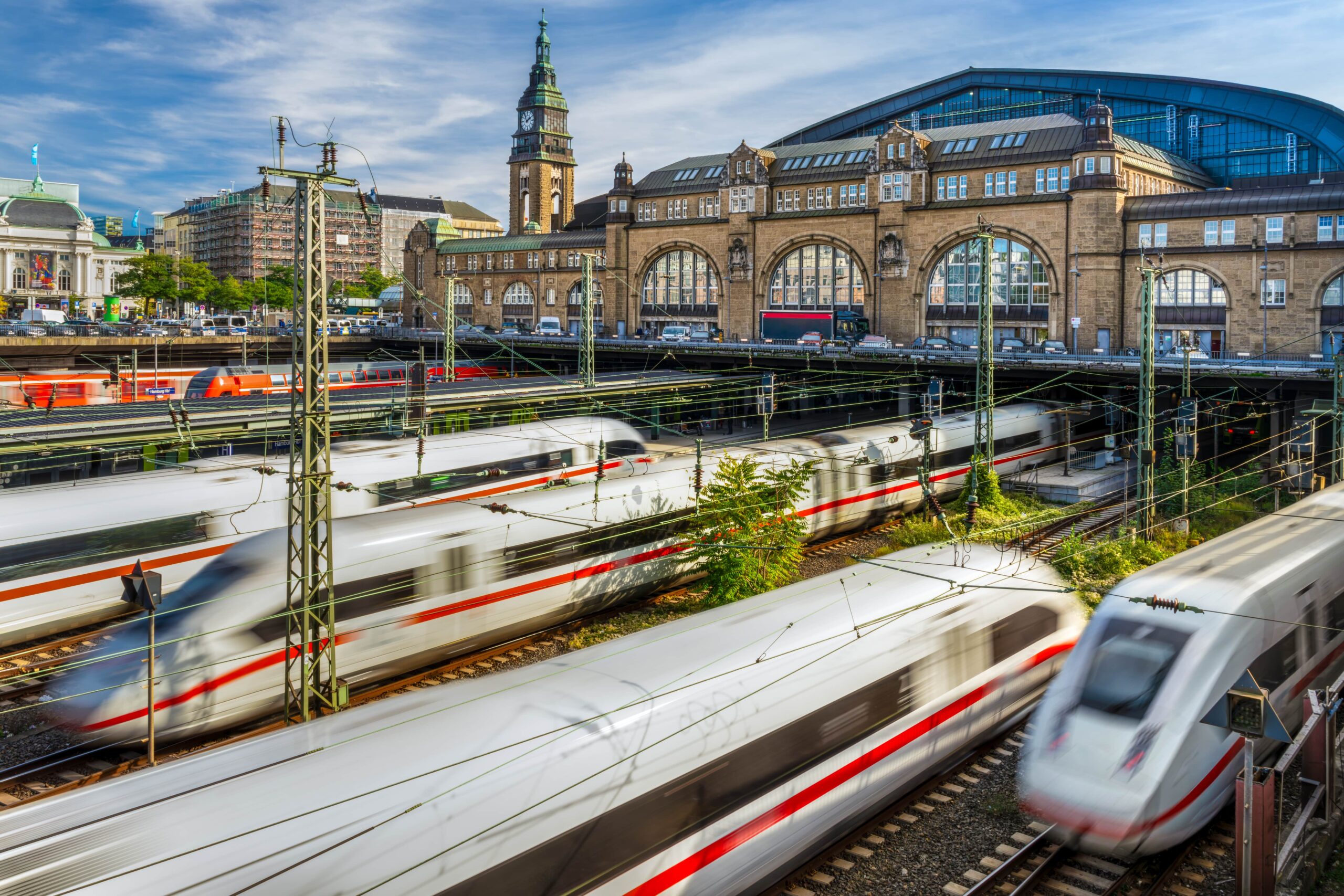Could Reforms Increase Grid Connections?

The UK Government has introduced reforms to accelerate grid connections for clean energy projects, including hydrogen, with confirmation anticipated from Ofgem and the National Energy System Operator (NESO).
These measures aim to unlock £40bn annually in mostly private clean energy investment and expedite projects aligned with Clean Power 2030 and the Plan for Change.
To achieve this, the government will deprioritise “zombie projects” that are either unprepared or misaligned with national energy strategies and currently delaying grid connections.
In an online statement, the government highlighted the scale of the issue: “Companies are waiting up to 15 years to connect to the grid, leaving promising businesses ‘grid-locked.’
Over the past five years, the connection queue has increased tenfold.
Benefits Could be Felt Far and Wide
Areas such as data centres, AI, renewable energy sectors like wind and solar, battery storage, and hydrogen production—which relies heavily on grid access.
One initiative expected to benefit from these reforms is the £6.5bn HySpeed project, led by a JCB-led consortium.
The programme aims to develop 1GW of green hydrogen capacity by 2030 at a production cost of £5.96/kg ($7.84/kg).
What the Energy Secretary Had to Say
Energy Secretary Ed Miliband emphasised that eliminating ‘zombie’ projects will shorten grid connection timelines for “high-growth firms” and enable faster access for businesses delivering homegrown power while strengthening energy security.
“Too many companies remain stuck in gridlock, unable to access the clean energy required to drive growth and create jobs,” Miliband stated.
Hydrogen UK echoed concerns over limited grid access, citing it as a major constraint for hydrogen project development.
“To attract investment, we must make things quicker, easier, and more cost-effective for developers,” the organisation noted on LinkedIn. “Achieving this will position the UK as one of the world’s top destinations for hydrogen investment.”
This announcement follows the shortlisting of 27 green hydrogen projects under Hydrogen Allocation Round 2 (HAR2), expected to deliver a combined 765MW of low-carbon hydrogen capacity between 2026 and 2029.

